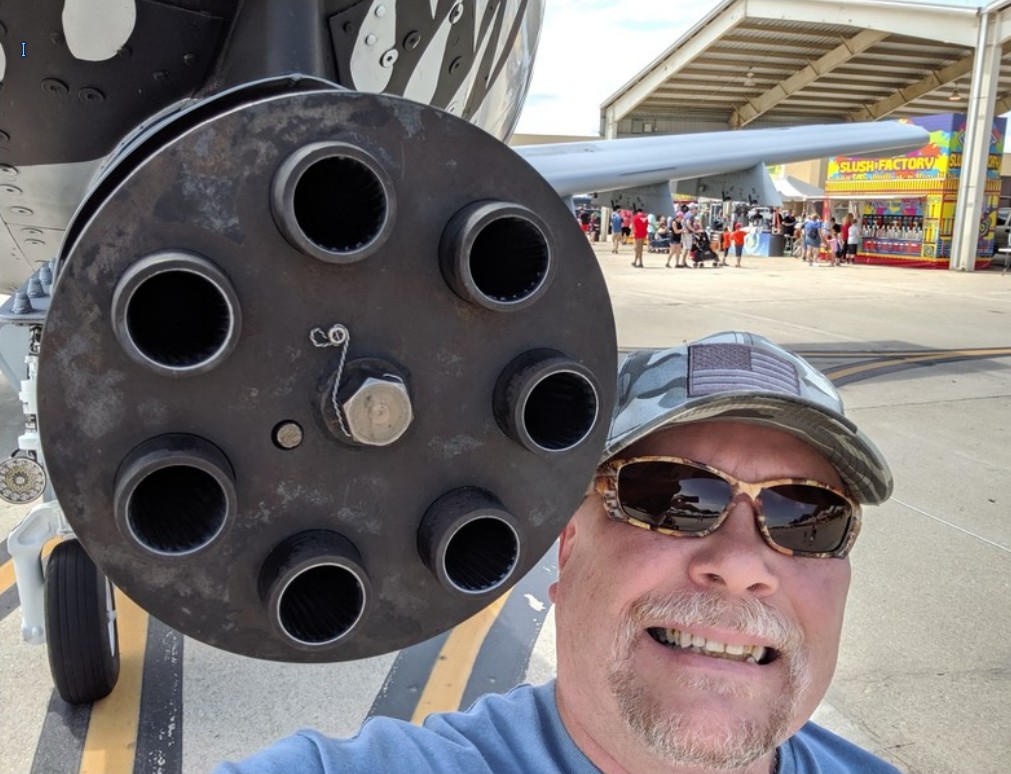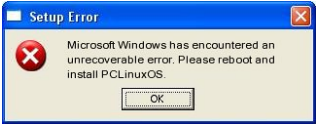| Previous
Page |
PCLinuxOS
Magazine |
PCLinuxOS |
Article List |
Disclaimer |
Next Page |
From The Chief Editor's Desk |
|
Even though I was just shy of nine years old, I can remember it like it was yesterday. I'm sure many of you remember it, too. I'm talking about the first landing of man on the moon. July 20, 1969 at 20:17 UTC, the world saw the first two human beings land on a celestial body that wasn't Earth. They landed with about 50 seconds of fuel remaining. "Houston, Tranquility Base here. The Eagle has landed," said mission commander Neil Armstrong. The change of call signs from Eagle to Tranquility Base signified that the landing had been successfully completed. On July 21, 1969 at 02:56 UTC, the world saw those same two human beings take their first steps on a celestial body that wasn't Earth. As an eight-almost-nine year old, I remember being allowed to stay up late to watch this historic event. Estimates of between 500 million people and 650 million people from around the world watched live as Neil Armstrong descended the ladder from the lunar module. The actual number varies, depending on your reference source With that first step on the lunar surface, Armstrong spoke his immortal words. "That's one small step for [a] man, one giant leap for mankind." Buzz Aldrin joined Armstrong 19 minutes later, as the second human to walk on the moon. His words to describe his view on the surface of the moon were simple and succinct, but strong. He uttered two words: "Magnificent desolation." The two conducted and completed experiments on the surface of the moon during the 2.5 hour lunar EVA. They gathered up 47.5 lbs (21.55 Kg) of samples of lunar rocks and soil during their activities on the lunar surface. After returning to the lunar module, they did some housekeeping and got seven hours of sleep. Upon awakening, they launched from the lunar surface to rendezvous with the command module, Columbia, piloted by Michael Collins and in lunar orbit. The three successfully returned to Earth on July 24, 1969. That was 50 years ago. It's not hard to find accurate accounts of the feat on the web. Wikipedia has a pretty thorough entry about it, as well.  What's especially sad is that we have had whole generations of people who have not experienced another human traveling to and walking on another world. We have generations of people who have never seen humans leave low-Earth orbit. They have not gotten the thrill of seeing humans expand their horizons and push the boundaries of what can be accomplished. For them, humans walking on the moon is about as real as the story in any Arthur C. Clarke science fiction novel. Hopefully, this should all change soon. President Donald Trump (it doesn't matter if you like him or not, or what you think of him) and Vice-President Mike Pence have set an ambitious goal of returning humans to the moon by 2024. That's only five years away. This time, the goal is to return to the moon to stay. Back in the days of Apollo 11, computers were still in their infancy. Your old flip style cell phone has/had more computing power than the onboard computers of the spacecraft of that era. Heck, the first IBM PC wouldn't be released for another 12 years. More than likely, Linux will play a role in returning humans to manned spaceflight, and in our voyage to our celestial neighbors. It was reported a few years ago that a custom version of Debian has already replaced the Windows XP based computers on the International Space Station to provide better reliability. Many other systems on the ISS already run RedHat Linux and Scientific Linux. NASA has long embraced free and open source software. Elon Musk has tweeted that Dragon's code is written in C++ on Linux. Search for "linux and space travel" and see for yourself. There is no doubt that Linux will play an important role in returning humans to space, blazing the way to historic endeavors, like putting humans on Mars. What's even better, my kids will experience the thrill that I experienced as a kid of seeing humans walking on our nearby celestial neighbors. Plus, all of those previous generations around the world will also share in that thrill, the one that they missed out on when we switched to only going into low-Earth orbit. Yes, it's exciting times, to be sure. Until next month, I bid you peace, happiness, serenity and prosperity. |

